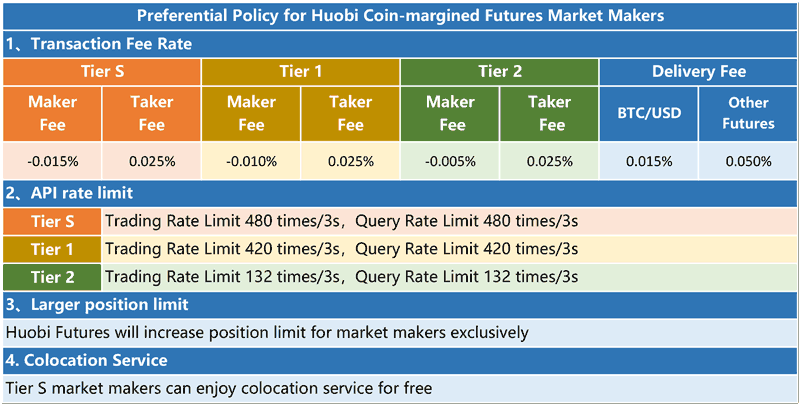
What Is a Market Maker?
A market maker is a professional trader that provides liquidity for a specific market. The term is loosely attributed to floor traders on open outcry futures exchanges. These individuals provide liquidity on a regular or continuous basis. Unlike retail traders, these professionals are not compensated for holding inventory, but are paid for taking risks. In order to qualify as a market maker, a person must meet quoting, volume, and performance criteria. They are then compensated with fees for fulfilling their responsibilities. Depending on the exchange, a person can be authorized to make as many or as few trades as needed.
Market Maker
Market makers may be found on an open outcry futures exchange or an electronic trading platform. Both methods allow a market maker to earn by supplying the best offer prices. The latter, however, is more difficult to do. Electronic platforms have an unlimited number of market makers and therefore are more difficult to qualify as a market maker.
For example, a market maker might be asked to quote the best price for a certain commodity. This could be a stock, a futures contract, or a security. The quoted price would be the best offer price based on current market conditions. To quote a better offer, the market maker would have to consider other factors like the current spot market power and whether or not the market is willing to pay the offered price.
Market makers often use derivatives to manage risk. They do this in order to ensure that they are compensated for the risk they are taking. As part of their quoting duties, a market maker will update prices in order to reflect changes in the underlying markets. Likewise, a market maker will flatten or eliminate a portion of their inventory in order to reduce risk. But unlike an inventory, a market maker’s profits come from the spread between the ask and bid prices.
Benefits
There is a wide range of benefits to being a market maker. The most important is that a market maker can enhance liquidity in the financial derivatives market. During times of market stress, a market maker’s position can help retail investors, commercial users, and institutional traders exit their positions quickly and efficiently. By eliminating gaps between natural buyers and sellers, a market maker can also facilitate strategic trading.
However, being a futures market makers isn’t for the faint of heart. Market making is a difficult task that requires discipline in volatile market environments. Unlike a stockholder, a market maker isn’t guaranteed to get the most out of his stock. He might see a decline in the value of the security after purchasing it. Similarly, he might be in the market for some stock and end up selling a small amount in order to reduce his cost of ownership. Having the right tools to manage such risks is essential.
One way to do this is to employ the services of a competitive market maker. Competition amongst market makers has helped improve liquidity in the financial derivatives market. Competitive market makers can also help increase transparency and price discovery. While their presence does not guarantee that the market is fair, it does give investors more confidence in their ability to place an order.


